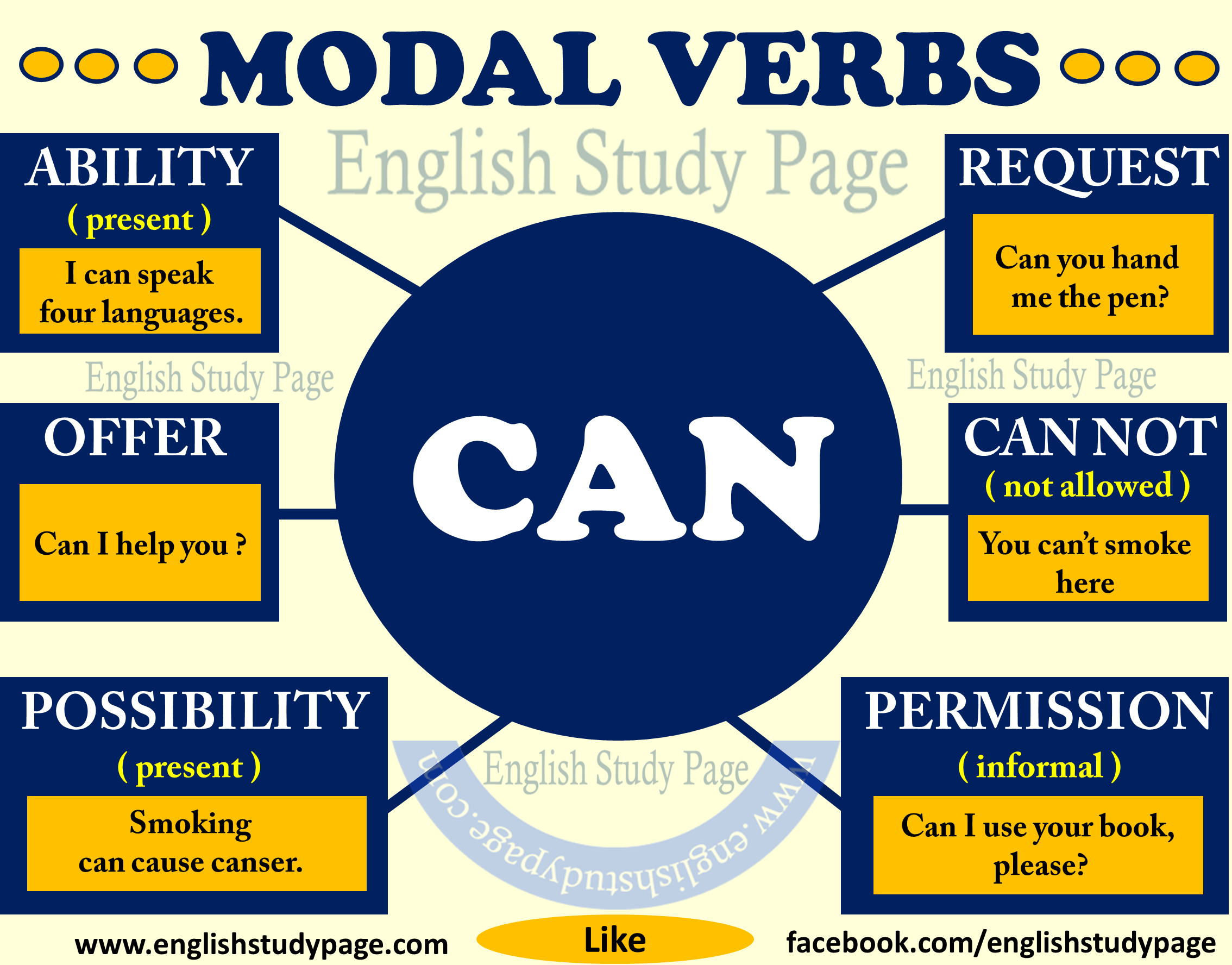
USING “ALREADY” ( AS AN ADVERB ) IN ENGLISH
“Already” refers to something that is in the present or recent past but not in the future.
“Already” is usually used in affirmative ( positive ) sentences and sometimes in questions but not used in negative sentences.
1. “Already” is used to emphasize that something was completed before something else happened.
Examples:
- She has already come.
- The plane has already landed.
2. “Already” is also used to show surprise about things that have happened or will have happened earlier than we expected.
Examples:
- Have you already written to John?
- Has the train already left?
3. “Already” is usually used with Past Perfect and Present Perfect Tense. However, we can also use “already” with Simple Present, Present Continuous and Simple Past Tense.
Examples:
- Have you already registered?
- She had already read the news.
- I already miss you.
- They already left the city.
- We are already working on it.
“ALREADY” PLACEMENT IN A SENTENCE
“Already” can come
1. *** between the auxiliary verb ( have/has – had, are, were, can, etc.
) and the main verb.
Examples:
- I have already made the coffee.
- We are already sleeping.
- He can already read this book.
2. *** after “be” as a main verb.
Examples:
- He is already ready.
- I am already late.
3. *** between the subject and the main verb.
Examples:
- You already know this technology.
- She already passed the exam.
4. *** at the end of a sentence for greater emphasis or to show more surprise ( informal )
Examples:
- I have finished the exam already.
- They have called the police already.
(Benzinga)


Good